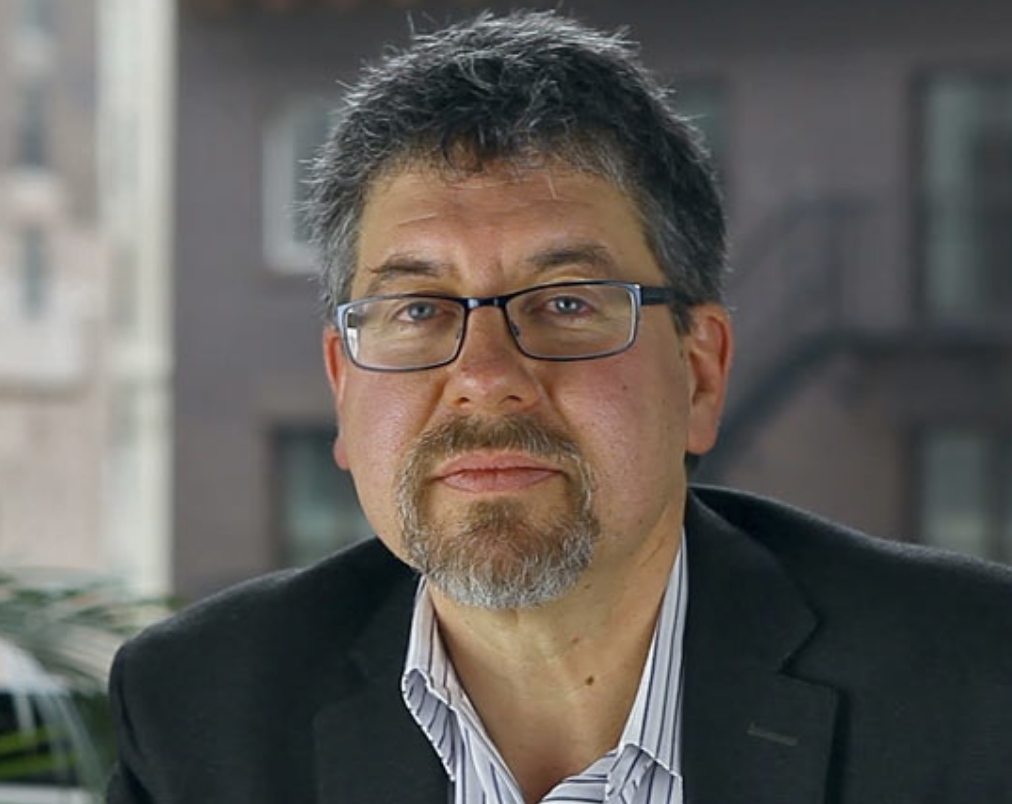Public relations writing and public speech
There’s an art to public relations writing. And it’s something we should all be aware of, especially now.
When I joined a P.R. shop for about four years in the early part of this century, I quickly learned that I was going to have to choose my words from an alternate thesaurus.
For instance, politicians—no, we never wrote about politicians. People don’t like them, so they became “elected officials.” Well, I thought, it’s a clunkier phrase but it’s not inaccurate. After a month or so, the words practically typed themselves.

Josh Bernoff, defender of honest writing
My virtual colleague Josh Bernoff writes about the public relations thesaurus every day on his Without Bullshit blog. Yesterday, he took on the writer for United Airlines who churned out a press release on its new “Basic Economy” airfare. The writer positioned the new fare as giving travelers “more choice.” But people generally see choice as an additive thing: “I’ll take the French fries and the onion rings, please.”
Bernoff’s bullshit-free rewrite of United’s press release reveals that the “choice” travelers make with the Basic Economy fare involves not adding on, but subtracting:
“If you buy one of these tickets, you get no space in the overhead bin, no choice of seat (you’ll probably end up in a middle seat), you can’t sit with your family, and you’ll get no credit towards frequent flyer status levels. And to make sure everyone else knows you’re a cheapskate, you’ll board last, after everyone else.”
When public relations writing becomes our default speech
In the business world, the public relations department is among the last defenders of the truth. PR professionals don’t set policy, but they explain it. Sometimes even defend it.
And that’s where we really need to remember a responsibility that runs deeper than whatever we owe our employer. Our responsibility to our language, the tools of our trade. Our responsibility to use the actual, transparent meaning of words to convey the actual, transparent truth of the matter.
Bernoff’s suggestion, with my added emphasis:
“I think the PR person in this situation ought to push back. They should rein in the superlatives in the press release, like United’s ‘outstanding network’ and ‘great customer service’ (really?). They should make the facts clearer. And they should advise their clients and colleagues that the image of the company suffers long-term when it makes choices that create a poorer customer experience and pretend that it’s actually an improvement.”
Whatever battles we fight—with “elected officials,” with corporate executives, with the media—we must use words honestly. Because if we allow words to lose their meaning, as I’ve written before, what will we have left? How can we convey ideas when people stop believing the words we use?